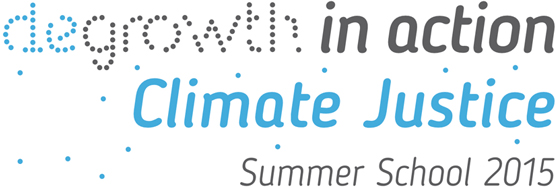Version 1.0
02. The corporate growth agenda and European Energy policy

Questions of energy production, public policy and economic growth are intimately linked and increasingly the European Union is in setting the rules of how energy is produced, distributed and consumed in Europe. But who is really in charge of Europe’s energy policy and how is it being influenced by large energy corporations who consider climate change as a nuisance that must not get in the way of profits? This workshop will analyse the way decisions on energy policy are taken in Europe. We will ask in how far the current model of decision making in Brussels can lead to a sustainable energy production and consumption model that isn’t relying on infinite growth and ever increasing corporate profits
The course will contain four sessions that will attempt to entangle EU energy policy by looking at energy corporations, their lobbying activities, trade policy and citizen owned alternatives to the corporate model.
The first session will investigate large energy companies and their business model. It will look at the source of their power and profits and also at movements that are challenging their activities.
In the second session the focus will lie on corporate activities in Brussels and their attempts to influence EU policy on energy issues. The questions raised will include the ability of the EU institutions to facilitate a transition to a degrowth model.
Session three will broaden the view to the current trade negotiations between the EU and the United States and Canada. In the session particular attention will be paid to the way energy choices could be influenced by the trade agreements and in how far they are compatible with a degrowth model.
Finally, session four will present ideas about energy democracy and community-led renewable energy generation. It will look at the links between degrowth and community ownership projects and investigate in how far they can challenge corporate-dominated power structures.
The course aims to put the participants in a leading role in the workshop and allow them to explore the different issues collectively and in participatory way. The exact methods will vary for the different sessions and include exploration of sub-topics in small groups, fishbowl discussions, spectrum lines and other learning games.
Info
Raum:
Main tent/Hauptzelt - Slot B
Track:
Courses/Kurse
Sprache:
En
Links:
Feedback
Referent_innen
 |
Molly Walsh |
 |
Fabian Flues |
